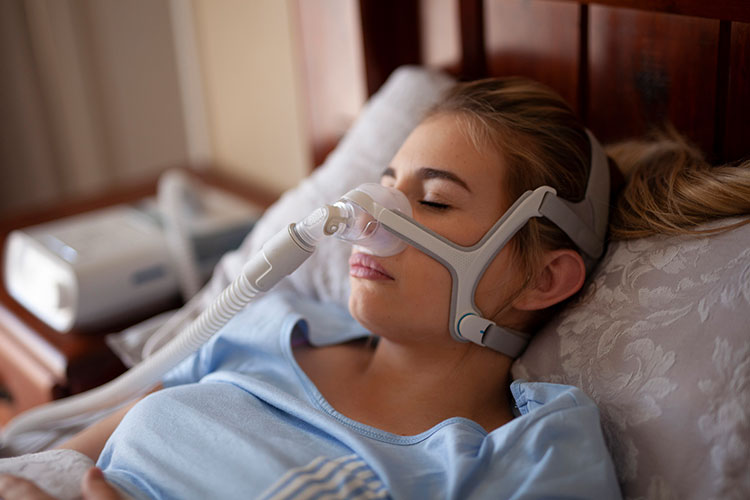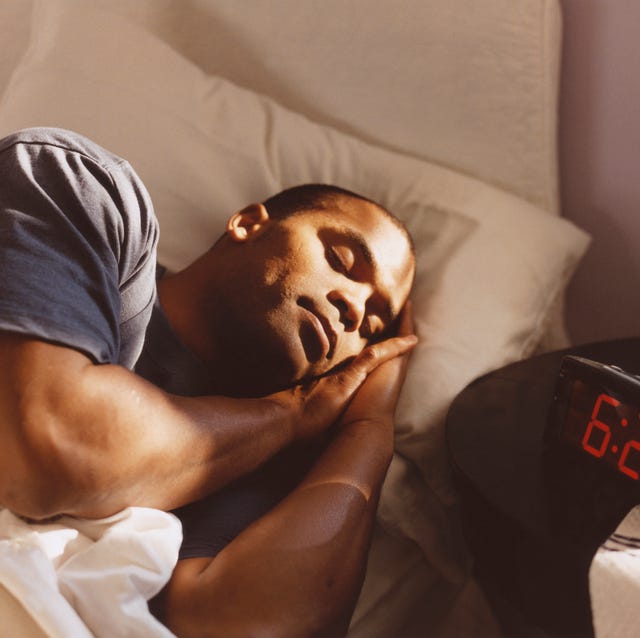Sleep Deprivation Help - Overcome Exhaustion and Improve Health
Sleep Deprivation Help - Overcome Exhaustion and Improve Health
Blog Article
Efficient Therapy Solutions for Taking Care Of Sleep Disorders and Enhancing Peaceful Sleep
In the world of medical care, the management of rest disorders and the pursuit for restful sleep are pivotal parts of overall well-being. Reliable therapy solutions provide a multifaceted technique to deal with these difficulties, ranging from cognitive behavioral interventions to holistic techniques that advertise relaxation and mindfulness. The expedition of various strategies, consisting of the assimilation of medicine and light treatment, opens up a world of opportunities in the quest of far better sleep top quality. As we navigate the complex landscape of sleep problems and seek to boost our sleep experience, a much deeper understanding of these therapy solutions may hold the trick to opening a more refreshing and fulfilling restorative journey.
Cognitive Behavior Treatment for Sleeplessness (CBT-I)
Cognitive Behavioral Treatment for Sleep Problems (CBT-I) is a structured, evidence-based treatment approach that concentrates on resolving the hidden factors adding to rest disruptions. This kind of therapy intends to modify behaviors and thoughts that worsen insomnia, ultimately promoting healthy and balanced rest patterns. CBT-I generally involves a number of vital parts, consisting of cognitive treatment, sleep limitation, stimulus control, and sleep hygiene education.
Cognitive therapy assists individuals recognize and transform negative thought patterns and ideas regarding rest that might be preventing their capacity to drop or stay asleep. Sleep constraint entails restricting the amount of time spent in bed to match the individual's actual rest period, thereby enhancing sleep performance (insomnia specialist). Stimulus control techniques help develop a solid organization between the bed and rest by urging individuals to head to bed only when drowsy and to avoid taking part in boosting activities in bed
Additionally, rest hygiene education and learning concentrates on establishing healthy rest habits, such as maintaining a consistent rest schedule, producing a relaxing going to bed routine, and enhancing the rest setting. By resolving these elements thoroughly, CBT-I provides a reliable non-pharmacological intervention for handling sleeplessness and improving general sleep high quality.
Rest Hygiene Practices
Having actually developed the foundation of cognitive restructuring and behavior modifications in attending to sleeping disorders via Cognitive Behavior modification for Sleep Problems (CBT-I), the emphasis currently shifts towards discovering essential Sleep Health Practices for keeping ideal sleep high quality and total wellness.
Rest hygiene methods incorporate a variety of behaviors and environmental variables that can dramatically impact one's capability to drop off to sleep and stay asleep throughout the evening. Constant sleep and wake times, creating a relaxing going to bed regimen, and optimizing the sleep setting by keeping it dark, quiet, and cool are critical elements of excellent sleep hygiene. Limiting direct exposure to screens before bedtime, preventing stimulants like high levels of caffeine near going to bed, and participating in normal physical activity during the day can also promote far better rest top quality.
In addition, exercising leisure methods such as deep breathing workouts or meditation prior to bed can assist soothe the mind and prepare the body for sleep. By incorporating these sleep hygiene methods internet into one's day-to-day regimen, people can establish a healthy rest pattern that sustains relaxing sleep and total wellness.
Leisure Techniques and Mindfulness
Carrying out relaxation strategies and mindfulness practices can play an essential role in cultivating a sense of calm and promoting quality sleep. In addition, guided imagery can aid deliver people to a serene area in their minds, aiding in anxiety decrease and improving sleep top quality.
Mindfulness practices, such as meditation and yoga, are likewise reliable in advertising relaxation and improving rest. Mindfulness urges people to stay present in the moment, releasing stress over the past or future. By integrating these practices into a going to bed routine, people can signify to their bodies that it is time to take a break and prepare for rest. Generally, integrating relaxation strategies and mindfulness methods can substantially add to managing sleep disorders and enhancing total sleep quality.

Medicine Options for Rest Disorders
After exploring relaxation strategies and mindfulness techniques as non-pharmacological interventions for enhancing rest high quality, it is important to take into consideration medicine options for individuals with sleep conditions. In instances where way of living changes and treatment do not give sufficient relief, medicine can be an important tool in taking care of rest disturbances.
Frequently recommended medications for sleep conditions include benzodiazepines, non-benzodiazepine hypnotics, antidepressants, and melatonin receptor agonists. Antidepressants, such as trazodone, can be beneficial for people with co-occurring clinical depression and rest disturbances - insomnia therapy.
It is redirected here crucial for people to talk to a doctor to identify the most proper drug option based upon their certain sleep problem and medical history.
Light Treatment for Circadian Rhythm Regulation
Light treatment, also called photo-therapy, is a non-invasive therapy technique used to manage body clocks and improve sleep-wake cycles. This therapy includes direct exposure to brilliant light that mimics all-natural sunlight, which helps to reset the body's internal clock. By subjecting people to details wavelengths of light, typically in the morning or night relying on the preferred effect, light therapy can properly adjust the body clock to promote wakefulness throughout the day and boost relaxed sleep in the evening.
Study has actually shown that light treatment can be particularly valuable for individuals with circadian rhythm problems, such as postponed rest stage syndrome or jet lag. It can also be handy for those experiencing seasonal affective disorder (SAD), a kind of clinical depression that normally occurs throughout the cold weather when natural light exposure is minimized. Light treatment is normally well-tolerated and can be used along with various other treatment techniques for sleep conditions to optimize end results and boost overall useful content rest top quality.
Conclusion
To conclude, reliable therapy options for taking care of rest conditions and boosting restful rest include Cognitive Behavior modification for Sleeplessness (CBT-I), rest hygiene practices, relaxation methods and mindfulness, medicine choices, and light therapy for circadian rhythm law. These methods can aid people improve their sleep quality and overall health. It is crucial to speak with a doctor to establish the most ideal technique for resolving sleep problems.
As we navigate the elaborate landscape of rest problems and seek to enhance our rest experience, a deeper understanding of these therapy solutions might hold the key to unlocking a more relaxing and meeting corrective trip.
Sleep restriction entails restricting the amount of time invested in bed to match the individual's real rest duration, consequently increasing sleep effectiveness. Consistent rest and wake times, producing a relaxing going to bed routine, and maximizing the sleep environment by maintaining it dark, peaceful, and cool are important parts of great sleep hygiene. Light therapy is typically well-tolerated and can be used in combination with other therapy techniques for rest conditions to optimize outcomes and boost general sleep high quality.

Report this page